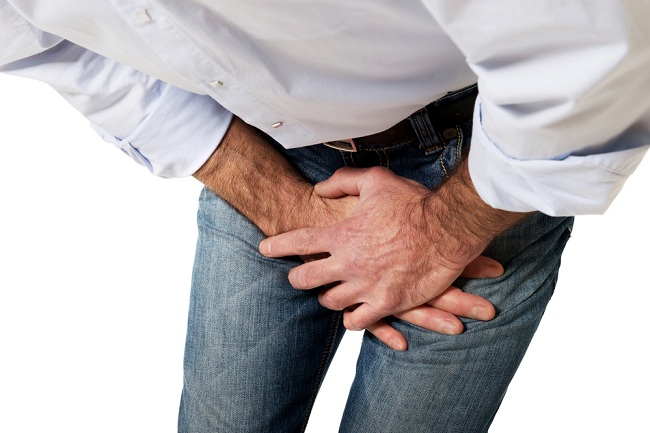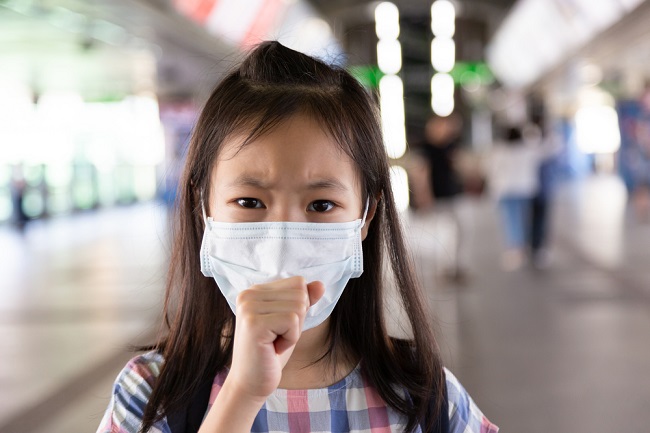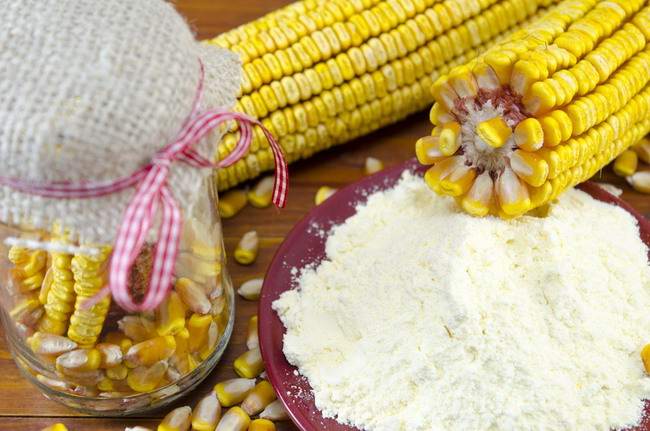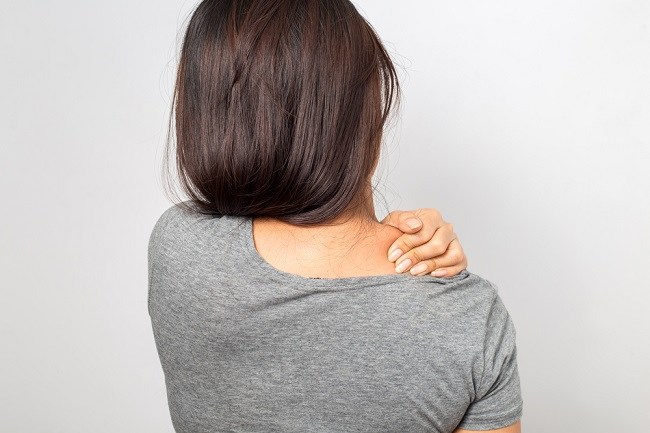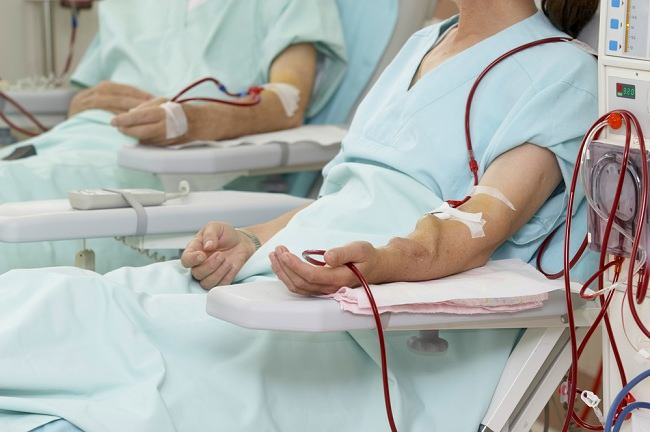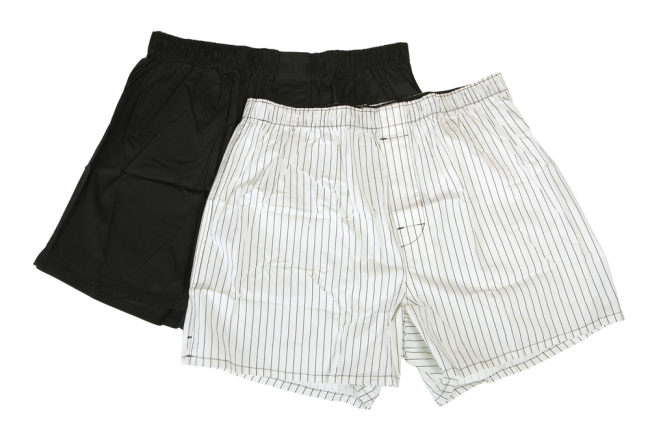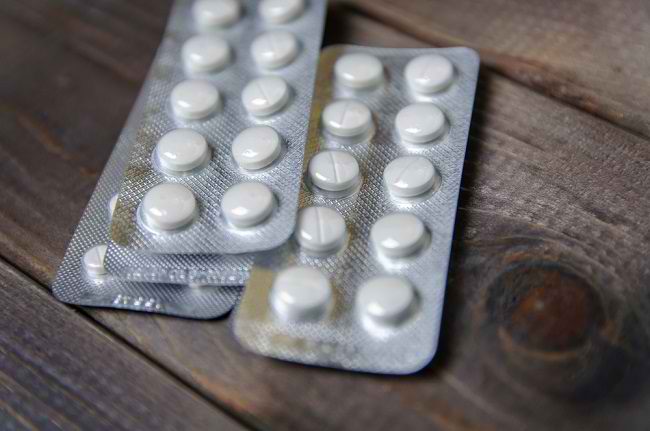The rain shower is a fun free water play ride for most children. However, some mothers are actually worried when they see their baby raining because they think playing in the rain can cause a cold. Is this assumption true?
"Don't rain. It's going to be sick!" This sentence is often said by parents to forbid children to play in the rain. No wonder, because during the rainy season, usually more children get sick with colds or flu. For this reason, rain is thought to cause a child to catch a cold.

The Link Between Rain and Colds in Children
Before linking rain and colds in children, you must understand very well what a cold is. A cold is a condition when the nose feels congested and produces a lot of mucus or mucus. This is quite common in children.
There are many things that can cause children to experience colds, ranging from exposure to pollution, allergies, cigarette smoke, to infections, such as ARI or flu. Children can be more susceptible to colds due to the disease when their immune system is weak or not fit.
Several studies have also shown that influenza viruses tend to spread more easily during the rainy season. This is what makes more people get flu and colds in the rainy season, including children.
If your little one gets sick after playing in the rain, this may be because their immune system or immunity is decreasing, so they are prone to illnesses, such as the flu.
However, if the immunity is strong, the little one's body can fight viruses and germs well. This makes it less prone to colds even when it rains.
Cold temperatures when it rains make children more susceptible to colds
Not only because of viral or bacterial infections which are easier to occur in the rainy season, colds in children can also occur due to cold temperatures in the rainy season. Cold temperatures can block blood flow in the nose, triggering cold symptoms. This can make children who have allergic rhinitis or cold allergies experience a recurrence of symptoms.
Apart from the cold air in the rainy season, cold temperatures that trigger colds in children can also come from other sources, Bun. For example, the room temperature is too cold because of the air conditioner or the cold temperature of the food and drinks consumed by the child.
In children who have a history of allergies, the risk of having a cold can also increase when he is often exposed to other allergy triggers, such as cigarette smoke, dust, or animal dander. In order to prevent colds due to allergies, children who have allergies need to always stay away from the trigger factors for allergies.
Meanwhile, in order to reduce the risk of your child getting a cold or flu during the rainy season, you need to remind him to wash his hands often. In addition, you also need to teach your little one not to touch his face, mouth, or eyes often, especially when his hands are dirty.
So, Can Children Play in the Rain?
Based on the information above, the assumption that playing in the rain can cause colds in children is a fact. However, this doesn't mean your little one can't play in the rain at all. If his immune system is good and he doesn't have cold allergies, you may occasionally let him play in the rain outside.
This is because the healthy condition of your baby makes it a lower risk for colds when it rains. In addition, through the rain, your little one can get closer to nature and play while learning. Rainy play activities are also good for supporting growth and development, especially motor development.
However, remember. When your child plays in the rain, make sure he doesn't play too long and don't let him play alone. If your little one is cold or shivering, immediately bring him into the house and warm his body.
Mothers can bathe the Little One with warm water before putting on dry clothes. After that, give him a warm drink, such as tea or warm milk, so that his body does not get cold.
If you are still in doubt about allowing your little one to play in the rain, especially if he has certain medical conditions or has just recovered from an illness, you should make sure by asking the doctor.
